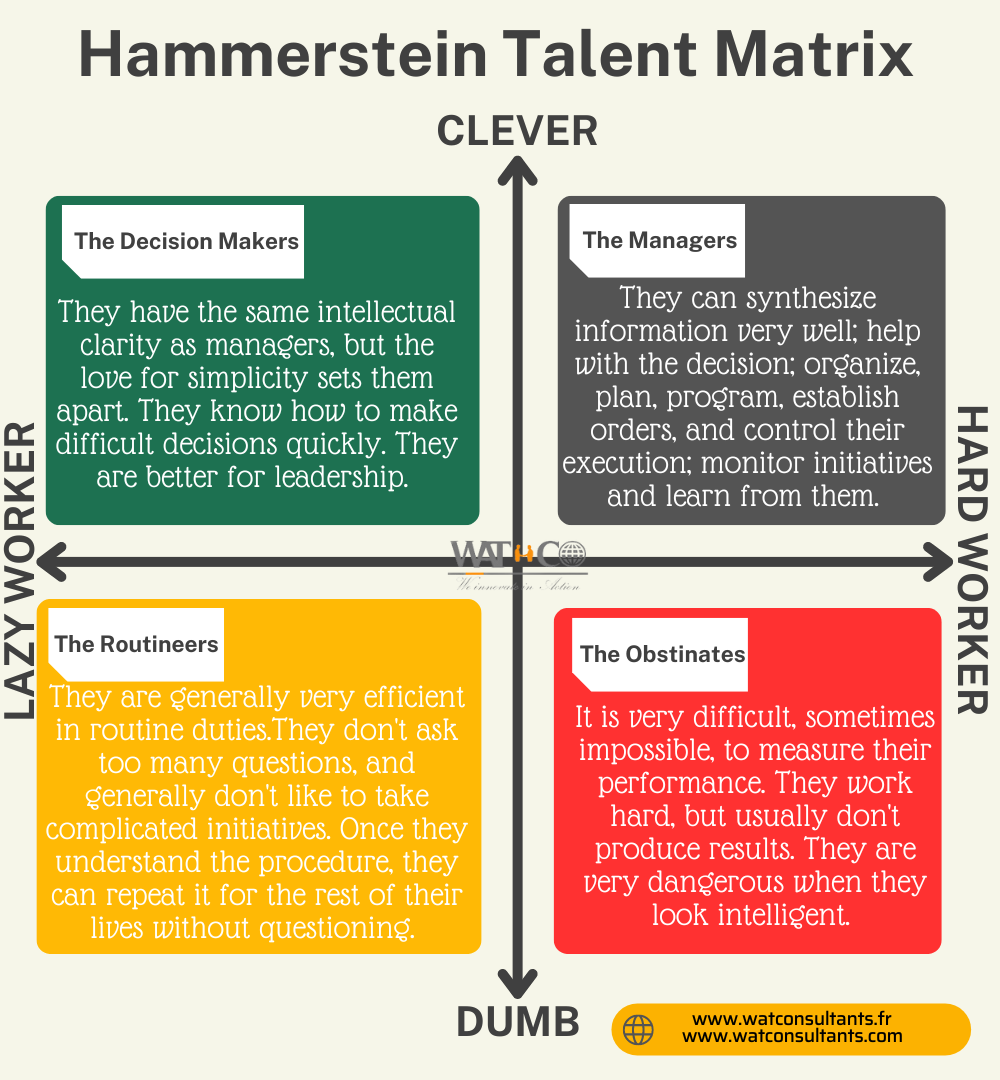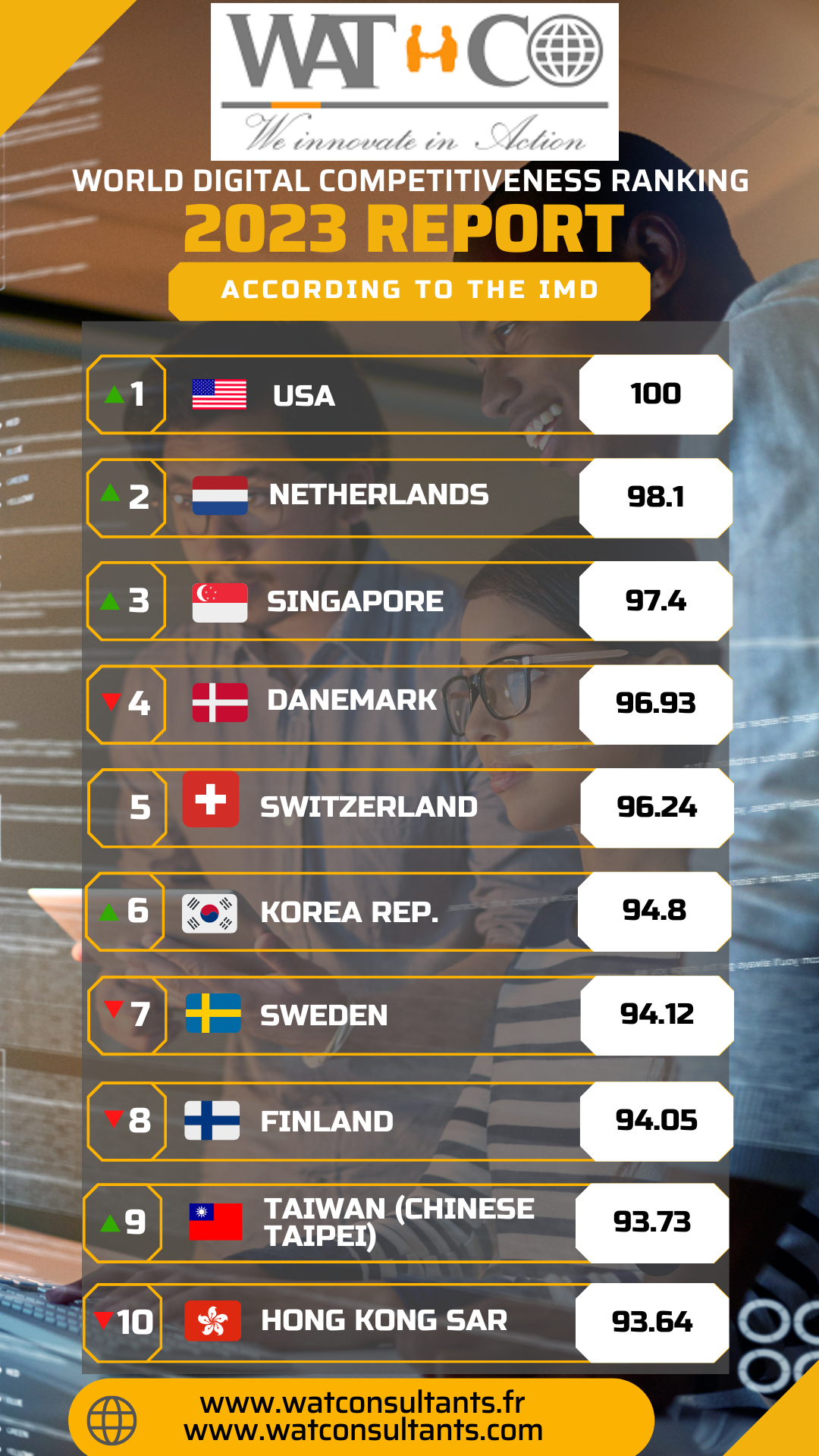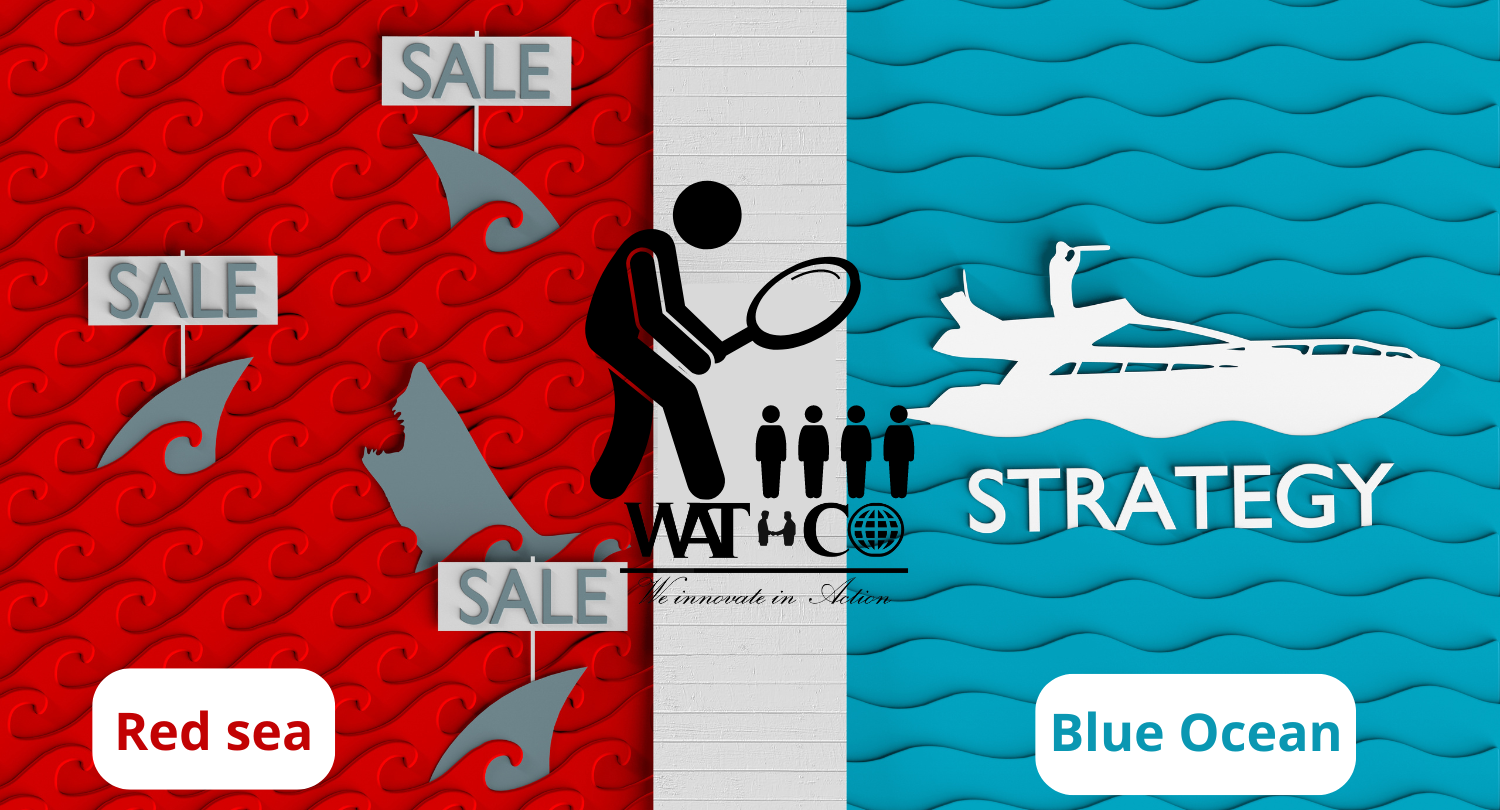
Influencer marketing in Cameroon
Marketing is going badly in Cameroon. We are not talking about his theory, but about his practice. Everyone knows that when you launch a new product or service, you have to rely on a strategy, which makes it possible to draw up an action plan allowing, thanks to its effectiveness, to return to the funds in terms of costs and time invested.
Unfortunately too many new products, services and business creations are doomed to failure.
Marketing is starting to annoy business leaders and that's understandable. They see what their investments in finance, production, information technology, and even purchasing bring them back, but not in marketing.
Marketing is supposed to dictate, or at least inspire, business strategy. Marketing is about identifying human and social needs and then meeting them. When MTN identified that the 80% of unbanked people wanted to do their "cash" transaction more efficiently, the company developed Mobile Money, an electronic wallet that allows its holder via mobile telephone technologies to transfer money and/or credit from his user account to that of another account whether he subscribes to the service or not. When IUC noticed that young students wanted to benefit from the same training done in Europe at low cost, the Institute imagined Schools relocated to its campus for students from Central Africa, which allows students to have diplomas Europeans on Cameroonian territory. These two companies then demonstrated great marketing sense and succeeded in transforming a need into a profitable opportunity.
The problem is that the concept of marketing remains a terribly misunderstood subject in business circles and in the minds of the French-speaking public.
SOME THINK THAT MARKETING EXISTS TO PUSH SALES
On the one hand, companies think that marketing exists to help production to get rid of company products, to clear stocks. The truth is the opposite, production exists to support marketing. A company can always outsource its manufacturing.
Long ago, our Mentor Philip Kotler said, “Marketing is not the art of finding clever ways to dispose of what you make. Marketing is the art of creating real customer value. It's the art of helping your customers get rich. The watchwords of the marketer are quality, service and value.
Selling only starts when you have a product. Marketing starts before a product exists. Marketing is the work your business does to determine what people need and what your business should offer. Marketing determines how to launch, price, distribute and promote your product/service offerings in the market. Marketing then monitors the results and improves the offer over time..
Marketing is both an “art” and a “science”, since it involves finding a balance between creative skills and analytical methods
OTHERS THINK THAT MARKETING EXISTS TO CREATE THE NEED
On the other hand, companies think that marketing exists to create the need. They say “marketing creates needs” or “forces people to buy products they don't need”. NOPE ! Marketing does not create needs; these pre-exist. On the other hand, in concert with other social forces, it influences desires. For example, it suggests to the consumer that a 4×4 can satisfy a need for esteem and power. It does not create this need but proposes a means of satisfying it.
We won't touch on all the misconceptions companies have about marketing. But we will come back to this later. Today we want to say a word about the practice of Influencer Marketing in Cameroon by some Cameroonian specialists.
THE PROBLEM IS THAT MARKETING IS EASY TO LEARN
The first good news is that marketing is easy to learn, just a day would be enough. The second good news is that marketing will exist forever. But the bad news is that it takes a lifetime to master, because it won't always be the way you learned it. Over the next decade, marketing will be redesigned from scratch, as human and social needs change over time. In its evolution, the concept of influencer marketing has also changed; and today with digital, influencer marketing seems to be a new approach.
|
Marketing 1.0 centric Product- |
Marketing 2.0 centric Customer- |
Marketing 3.0 centric Value- |
Marketing 4.0 centric Data- |
Marketing 5.0 centric Technology |
|
|
Goal |
Sell products |
Satisfy and retain customers |
Making the world a better place, providing positive values. |
Inspiring the client to co-create new content and products/services |
retaining customersand |
|
Product concept |
Differentiation development |
Values |
Innovation |
Technology |
at the service of |
|
proposition Value |
Functional |
Functional and emotional |
Functional, emotional and spiritual |
Commitment and trust |
Citizen of the network |
|
guidelines Marketing |
Product specifications |
Positioning of the company and the product |
Mission, vision and corporate values |
Promoting content and
creating brands
|
Data, Prediction, contextualization, augmentation and Agility |
|
Interaction with consumers |
Collective
approach,
one-to-many
transactions
|
Individual
approach,
one-to-one
relations
|
Relationships and
cooperation “many
to many”
|
Relations based on the
functioning of the
networking, an
enormous generation of
consumers
|
collaboration Many-to-Many Multi-directional Connecting consumers to each other |
However, in Cameroon in particular, a developing country, we straddle the 5 Marketing Approaches according to KOTLER (Table above). And the Marketing 4.0 approach is the one involving influencer marketing in the digital age. Fully integrated into this new movement, influence marketing has developed considerably in recent years, becoming the best tool for disseminating information via influential people. This makes it possible to reinforce the notoriety of a brand, a product or a service, without forcing the targeted people.
However, again, the concept is poorly understood and therefore poorly practiced in Central and West Africa in General and in Cameroon in particular.
INFLUENCER MARKETING:
According to the AMA, the American Marketing Association, influencer marketing focuses on exploiting individuals who have influence over potential buyers and directing marketing activities around these individuals to get a message across. brand in the wider market. In influencer marketing, rather than marketing directly to a large group of consumers, a brand inspires or compensates influencers (which may include celebrities, content creators, customer advocates, and employees) to do spread the word on their behalf. Here you will find a collection of marketing news articles and research information regarding influencer marketing.
The Influencer Marketing Association defines influencer marketing as the art and science of engaging influencers, primarily on digital media, to champion brands in the form of sponsored content. These influencers are creators who use their individual voice to share brand messages with their audience.
Phillip KOTLER, the father of modern Marketing defines the influencer as anyone who, directly or indirectly, exerts influence on the purchase decision. The problem usually comes from the fact that companies in Cameroon confuse celebrities and influencers.
An influencer is a person who has the ability to influence the decision to purchase a product or service by promoting or recommending articles on social networks. Influencers have built a reputation for their knowledge and expertise on a certain topic, and people look to influencers for guidance in their decisions. Unlike an influencer, a celebrity is someone who is famous, especially in entertainment fields such as movies, sports, or music.
While celebrities gain followers because people like their music or like the movies they're in, social influencers gain followers through their skill on a specific interest. Influencers have a purpose that sets them apart, whether it's their personal style, their expertise or their experiences. They gain followers who share their interest and want to learn more about that topic. Therefore, when these influencers market a certain product that matches their interests, they are more likely to resonate with their audience and increase ROI. Influencers also tend to have more of a relationship with the product and a reason to promote it, while celebrities simply align their name with a certain brand to increase awareness of the product.
THE FOU DU ROI WILL NEVER BE HIS ADVISER
The economic crisis has reduced confidence in the market. Consumers only buy what they know. We had a client who contacted us because he wanted to work with an influencer. He offered us to collaborate with several celebrities whom he called influencers. Unfortunately he needed to sell and not notoriety. We let him know, and we told him that all the people he wanted to work with were celebrities, not influencers. He then gave us figures that were not relevant enough: the number of subscribers on the social network pages. Then finding us incompetent, he left to work with another agency. A few months later, the client came back to meet with us, finally being prepared to accept our advice.
We then told him what we like to say to Cameroonian companies:
You ignore a point, all these celebrities you call influencers are comedians. Only you forget this: emotion is nigger… These Cameroonian comedy celebrities can in no way influence the purchasing decisions of your target. They have a lot of followers because the emotion is nigger. Cameroonians love these celebrities especially for their comedies. They create a smile, they make you laugh, They allow you to forget this difficult climate that crosses the country and the continent in general. These celebrities sometimes make you forget about worries. But they remain comedy artists. The king's jester will never be his adviser, unfortunately.
The jester was a comic character, whose profession was to make people laugh. The best known were the fools of kings and the fools of lords. But they were never involved in the kingdom's strategic thinking.
When we understand influencer marketing, it becomes easy to notice that the most difficult thing is to find for each brand its true influencer. Of course, when an influencer is caught promoting a product or service that he does not use or does not keep influencer and brand is damaged. And to make matters worse: over XAF 1 billion is spent on influencers with fake followers every year, and nearly four in 10 influencers artificially inflate their follower counts.
EXAMPLE OF INFLUENCER MARKETING
Let's take an example: Due to dietary restrictions, you follow a gluten-free diet. This leads you to follow many bloggers and influencers who share similar diets and post content around gluten-free and healthy eating. So when one of those favorite people promotes a gluten-free product, you're more likely to take action and try that product, unlike a celebrity who doesn't focus on healthy eating and gluten-free posts about it. By following their blogs and social media platforms, you develop a relationship with these people who share gluten-free diets and they then become influencers for you, as they can influence your food shopping decisions and you have full confidence in their recommendations.
This is also beneficial for advertisers, as they reach a more niche audience based on the category or interest around which the influencer has built their platform. Advertising through social influencers who already have a trusted relationship with their followers increases the impact of influencer marketing through better engagement and ensures they reach their niche audience.
So when you think about influencer marketing, remember that it's not just about movie, TV and sports stars. Social influencers can be more effective at actually influencing the audience you need to engage, and at a considerably lower cost. Learn more about choosing the right network to reach your target audience through social media.
You can watch our case studies to better understand practically how we operate.





